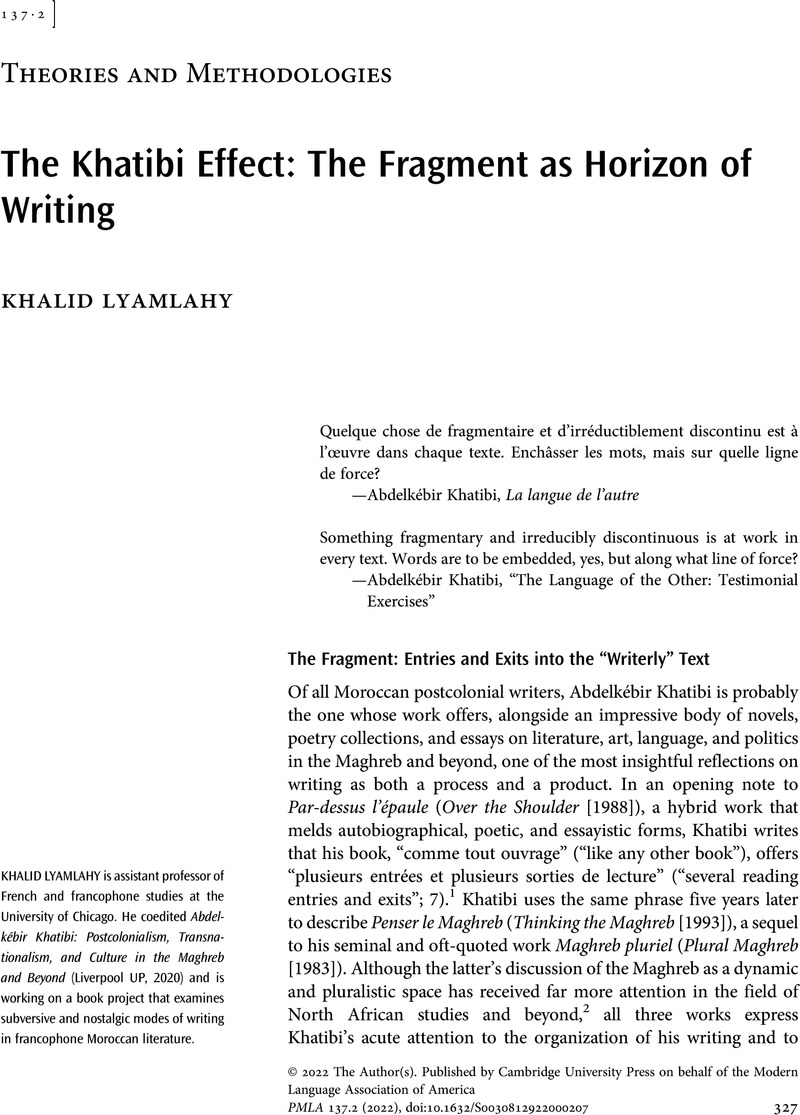Crossref Citations
This article has been cited by the following publications. This list is generated based on data provided by Crossref.
Kramsch, Olivier Thomas
2025.
Afterword: Greeting the border externalization wave in four movements.
Geoforum,
Vol. 162,
Issue. ,
p.
104273.



